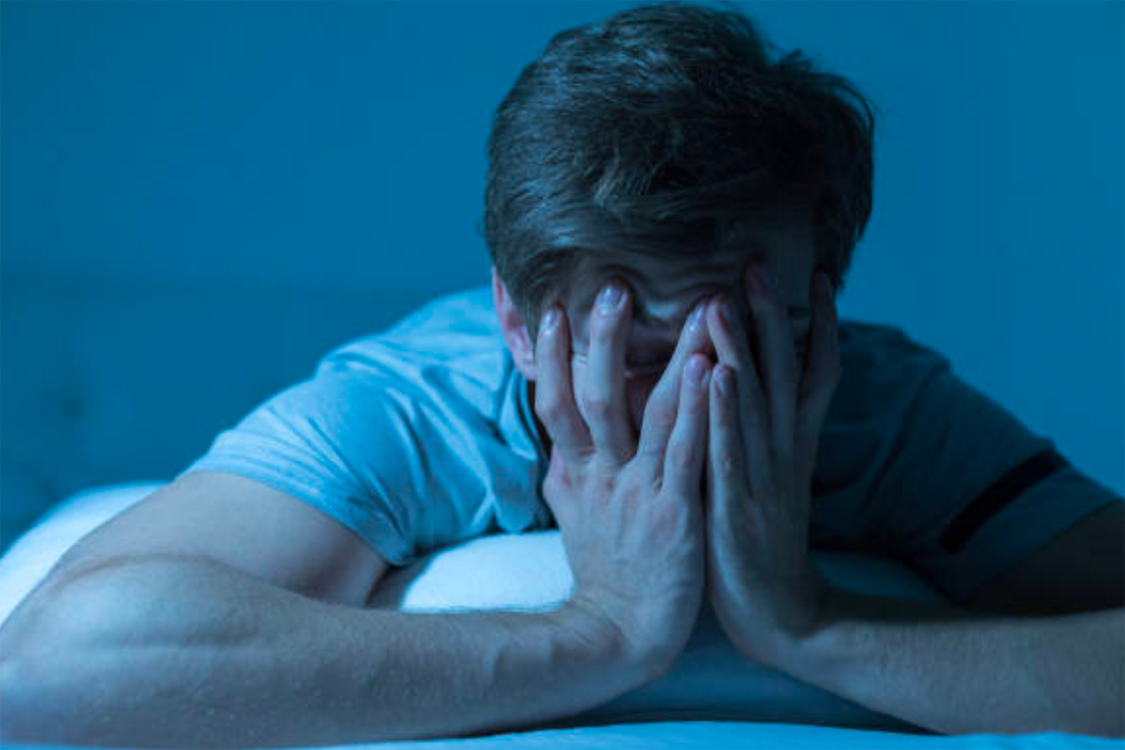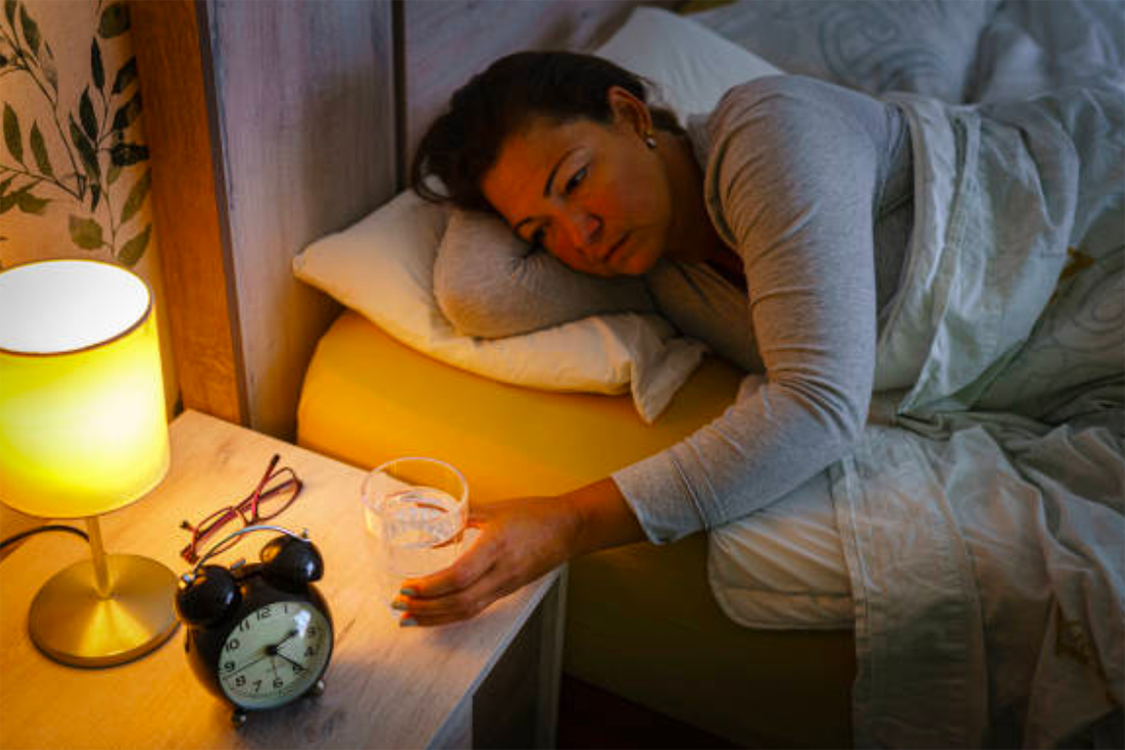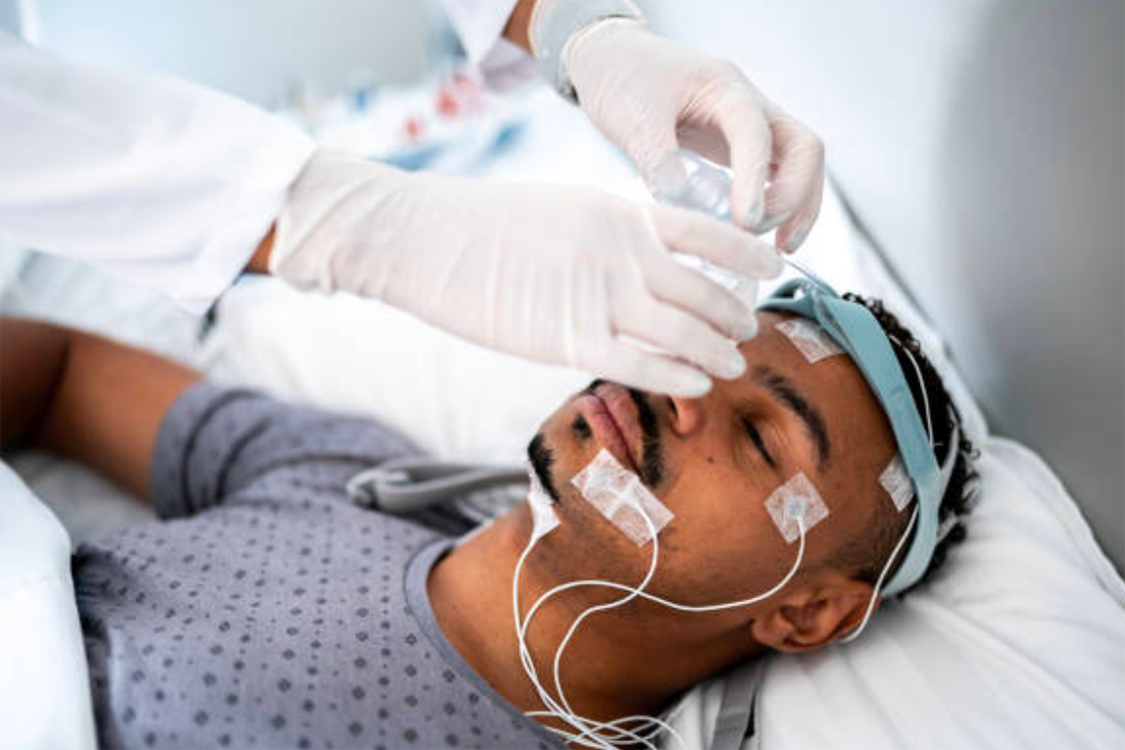When we sleep, our bodies shut down and begin to recover from the accumulated stress from being active for long periods. Research has shown that, on average, every adult requires at least 7 hours of sleep daily. When sleep occurs, the body eliminates waste, breaks down food, and repairs damaged cells.
Shortage of sleep is something akin to the increased industrialisation of our society. As we need to work harder to keep up with daily life's demands, we likely develop poor sleeping patterns.
In this article, you will learn the best ways to enjoy good sleep and why you need them.
Why Do You Need To Sleep?
The importance of sleep is not just limited to getting a break from the daily tussles. Sleep provides a lot of benefits and advantages to the body that one may not be previously aware of.
The Importance of Sleep
● Sleep helps to improve your body's metabolism. It breaks down food and releases harmful substances.
● Good sleep gives your body healing. The body resuscitates, breaks down dead tissue and releases toxic substances.
● Cognitive skills are improved when you get good sleep. You're less likely to make mistakes and errors during mental tasks.
● Sleep helps in mood regulation. It can help to improve depressive moods and fatigue.
Why Do You Find It Difficult To Sleep?

Sleeping is a normal activity that should help regulate the body's system after long work periods. There are certain precursors to poor sleep that you might be unaware of. Here are some of the causes:
● Caffeine: Consuming products that have a high level of caffeine, such as coffee, energy or carbonated drinks, can cause you to stay awake and remain active for longer periods. It makes it difficult to sleep quickly and early.
● Stress: A stress-filled life can rob you of your sleeping time. You may be experiencing stress due to school, family and losses, which may get you agitated. This needs to be dealt with, or your sleep pattern might worsen.
● Medication: Being placed on certain medications can deprive you of sleep.
● Mental Health Issues: Some mental health issues can deprive a person of good sleep, such as anxiety, PTSD, and depression.
How Do You Sleep Better?
There are lifestyle improvements which can better your sleeping pattern. From adjustable beds to exercises and more. Here are a few:
1. Exercise
Aside from normal work that can be stressful, you should exercise to stretch and relax your body from time to time. One of the many benefits of physical exercises is improved circulation and muscle toning. This relaxes your body muscles, improves your breathing, and improves your sleeping patterns.
2. Feeding Regulation
Control what you eat. When you're getting close to your bedtime, ensure you don't eat too much caffeine or alcohol, as this can upset your body. You should not drink or consume any food with large amounts of caffeine in the late afternoon or evening.
3. Avoid Long Time Naps
If you're looking to get more sleep during the night time, one added thing you should not do is spend a long time sleeping during the day. Unless there's a medical condition you have to deal with and napping away helps, it's best to totally avoid it. Taking daytime naps can distort your biological clock and make you more awake at night.

4. A Good Sleeping Environment
A good sleeping environment is pertinent to ensuring that you enjoy a good sleeping time. Make sure where you sleep is modified to get you the best comfort. Noise, neatness, room temperature, good air and more can affect how you sleep. If you're a light sleeper, being in an area constantly affected by traffic and public noise, like from clubs, may affect how well you sleep. Also, using an adjustable bed and air deodorants that improve the scent in the air can help. You need to ensure your bed and pillows are neat and comfortable.
5. Set A Schedule
The human body works with an internal biological clock called the circadian rhythm. This helps remind our body of the time to get active and rest. In order to regulate this, you should choose a certain time for sleeping and waking up and try to stick to it. Over a period of time, your body will begin to recognise these periods as sleeping and waking time and adjust to them.
6. Spend Time In The Open
Spending time under the sun is one of the ways in which your biological clock can recognise periods of activity and periods of sleep. The circadian rhythm acts as the regulator for informing your body, brain and hormones about the time to be active and sleep.
Sunlight exposure helps to regularise the functioning of the circadian rhythm in sync with the body.
7. Keep Devices Away
In a world of work, distraction and entertainment, electrical gadgets like laptops, phones and tablets can keep you up all night. We do almost everything with our digital devices these days, and its negative impacts include poor sleep. If you want to improve your sleeping pattern, ensure to reduce your screen time daily. When going to bed, put away your devices an hour before sleeping.
Also, most gadget devices emit blue light. Blue light tricks the body's circadian rhythm into thinking it is still daytime, and gadgets emit some of the worst amounts of blue light.
8. See A Physician
Having trouble sleeping despite taking certain measures to improve your situation might imply there's more to the eye can see. Because of the strong advice against self-medication, it is also necessary to seek the advice of a health professional. Their expertise and experience can help ruffle some feathers and find out if there's an underlying condition that needs to be addressed.

Parting Words
Sleeping is a helpful activity for your mind and body. Finding trouble sleeping for enough hours certainly raises concern, and you should take certain measures to improve your health. If you see no significant improvement after changing your lifestyle, it is advisable to see your doctor to ensure that there isn't more than just meets the eye.